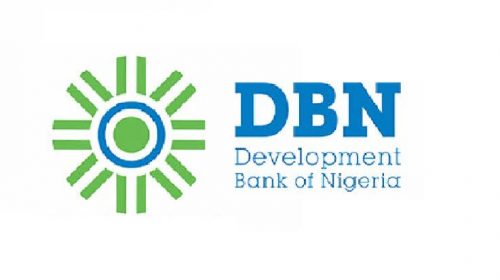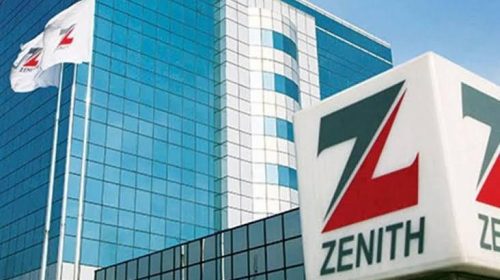Sterling Bank Partners FG to Address the Challenge of Desertification
As part of its Corporate Social Responsibility (CSR) focus on the environment and in support of the Federal Government’s plan to sustain the environment while reducing desertification, Sterling Bank has concluded plans to carry out tree planting exercises in three states in Northern Nigeria.
Nigeria is faced with rapid desert encroachment affecting fifteen northern states all with varying levels of severity. As such, this initiative became imperative as one of the solutions to cushion the effects of desertification. This is also in line with the United Nation’s Sustainable Developmental Goals for environmental preservation, and a way of challenging other private institutions to support the initiative.
Experts have described desertification as the degradation of drylands. It involves the loss of biological or economic productivity and complexity in croplands, pastures, and woodlands. It is due mainly to climate variability and unsustainable human activities. The most commonly cited forms of unsustainable land use are over-cultivation, overgrazing, deforestation, and poor irrigation practices
According to a statement from Sterling Bank, the Executive Governors of the three flag-off states; Plateau, Bauchi and Gombe have confirmed participation at the events and the novel occasion will hold on Tuesday August 23, 2016 in Jos and Wednesday August 24, 2016 in Bauchi respectively.
The Bank in a statement signed by its Group Head, Strategy and Communications, Mr. Shina Atilola emphasized the need for the private sector to support the government at all levels to checkmate the rising challenges posed by desertification in the country.
According to him, statistics have shown that a quarter of the earth’s surface is threatened by desertification and out of the 909,890 km2 of the country’s land area, about 580,841 km2 accounting for 63.83% is impinged on by desertification. He added that extensive cultivation, deforestation, overgrazing, cultivation of marginal land and bush burning were the major causes of desertification.
He also spoke on the effects of desertification. “Desertification has done a lot of damage to the local communities as it has made farming impossible in the affected areas leading to food shortage and rising cost of food items. Without food and water, it becomes harder for people to thrive’.
The Sterling Bank Chief Strategist who disclosed that research has shown that tree planting is the most viable solution to stemming the tide of desertification, reiterated the need to increase awareness on the scourge at local, national and global levels especially as “the challenge remains a significant global ecological and environmental problem that must be checkmated”.
Sterling Bank Plc, “the one-customer bank”, is a full-service national commercial bank with an asset base above N800 billion, over 187 business offices and more than 800 ATMs nationwide. In over 55 years of service, Sterling Bank (formerly NAL Bank) has evolved from the nation’s pre-eminent investment banking institution to a fully-fledged commercial bank. Furthermore, with a strong national presence, Sterling Bank is one of the top 30 most capitalized institutions on the Nigerian Stock Exchange. The bank also remains one of Nigeria’s fastest growing banks and is recognized as a dynamic financial services organization






Leave a Reply